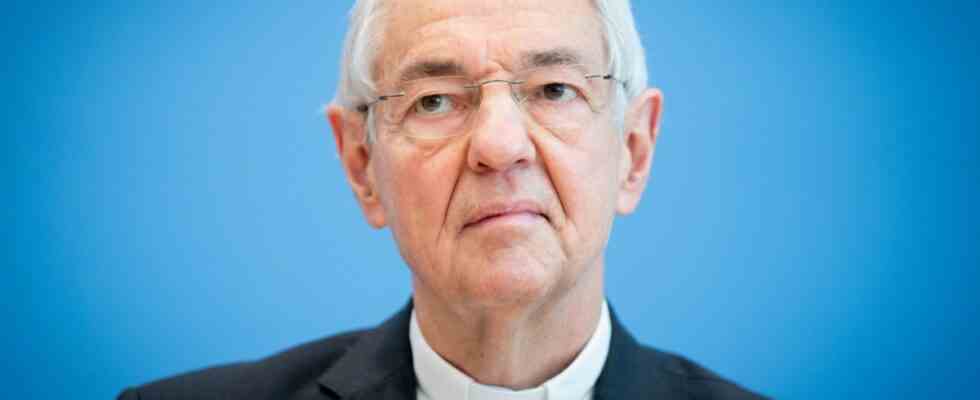Pope Francis has accepted a resignation from Archbishop Ludwig Schick of Bamberg, as announced by the Holy See and the Archdiocese of Bamberg. With his resignation, the 73-year-old Schick wants to leave the upcoming important decisions and course setting in the archdiocese to a younger successor. There are now two vacant bishop posts in Germany, Bamberg and Paderborn.
In general, bishops offer their resignation to the head of the Catholic Church after the age of 75. The only 73-year-old Schick said on the occasion of the resignation in a letter that he had “already come to the conclusion in the first quarter of this year to ask the Pope to relieve me of my duties on September 21, 2022 after 20 years in office”. He has fulfilled and completed his duties in the Archdiocese of Bamberg. Schick’s departure came as a surprise to some observers.
He conveyed his wish to Pope Francis in April during a private audience. He initially asked him to remain in office. “After repeating my reasons, he then complied with my request at the end of September,” said Schick, according to the Archdiocese of Bamberg. The resignation took effect on November 1, 2022.
Reformers in the Synodal Way
Schick was appointed auxiliary bishop in Fulda in 1998, and just four years later the then Pope John Paul II made him archbishop of Bamberg. Within the German Bishops’ Conference (DBK) he was also a member of the pastoral commission and commissioner for men’s pastoral care.
For reasons of age, Schick, who was born in Marburg in 1949, no longer took up the post of chairman of the World Church Commission of the German Bishops’ Conference last year, which he had chaired since 2006.
The DBK chairman, Georg Bätzing, paid tribute to Schick’s work. “You were a member of the German Bishops’ Conference for almost a quarter of a century and made a committed contribution, played a major role in shaping debates and were our safe authority on all questions of ecclesiastical law,” says a letter from the DBK. Schick belonged to the camp of reformers in the German synodal path. Bätzing wrote that Schick enriched the bishops’ conference with expertise and subtle humor, precision and the courageous demand, with ideas and perspectives.

